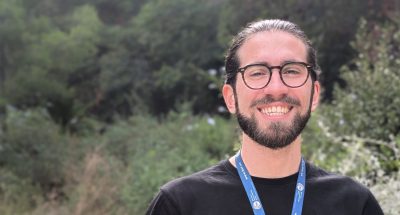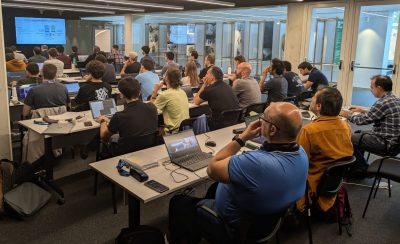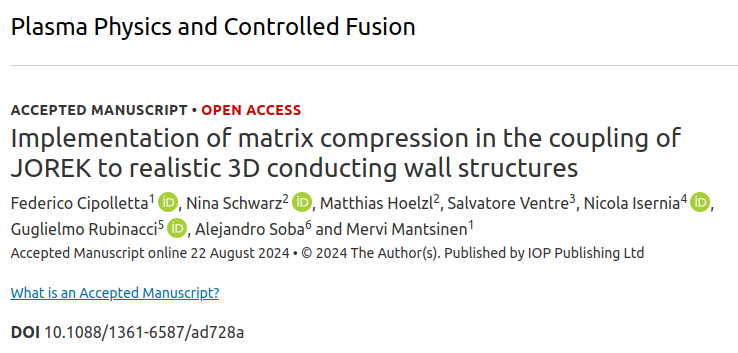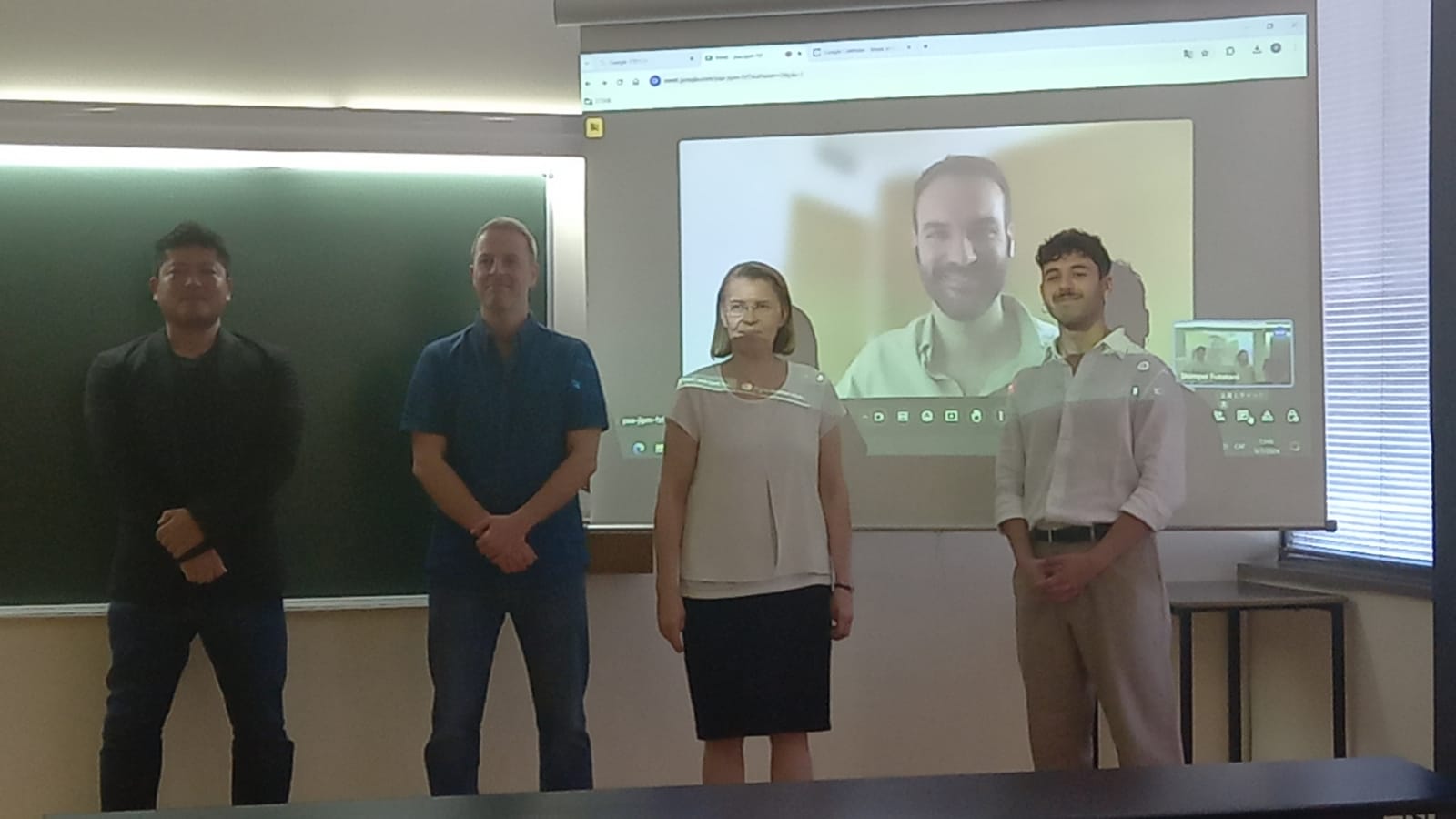
Hi! I’m Diego Bonato, and I have joined the Fusion group to carry out my master’s thesis! My internship will last 6 months, from September 2024 to March 2025, and it’s funded by FuseNet. I will be supervised by Alejandro Soba and Eduardo Cabrera.
During my stay at BSC, I will be working on the development of a Deep Learning model to accelerate the solution of Maxwell’s equations in the context of High Temperature Superconductors (HTS) simulations. This tool will help improve the performance of MAGNET, a package developed in the Fusion group, which simulates HTS in various scenarios. This will be crucial to study the next generation of fusion reactors.





